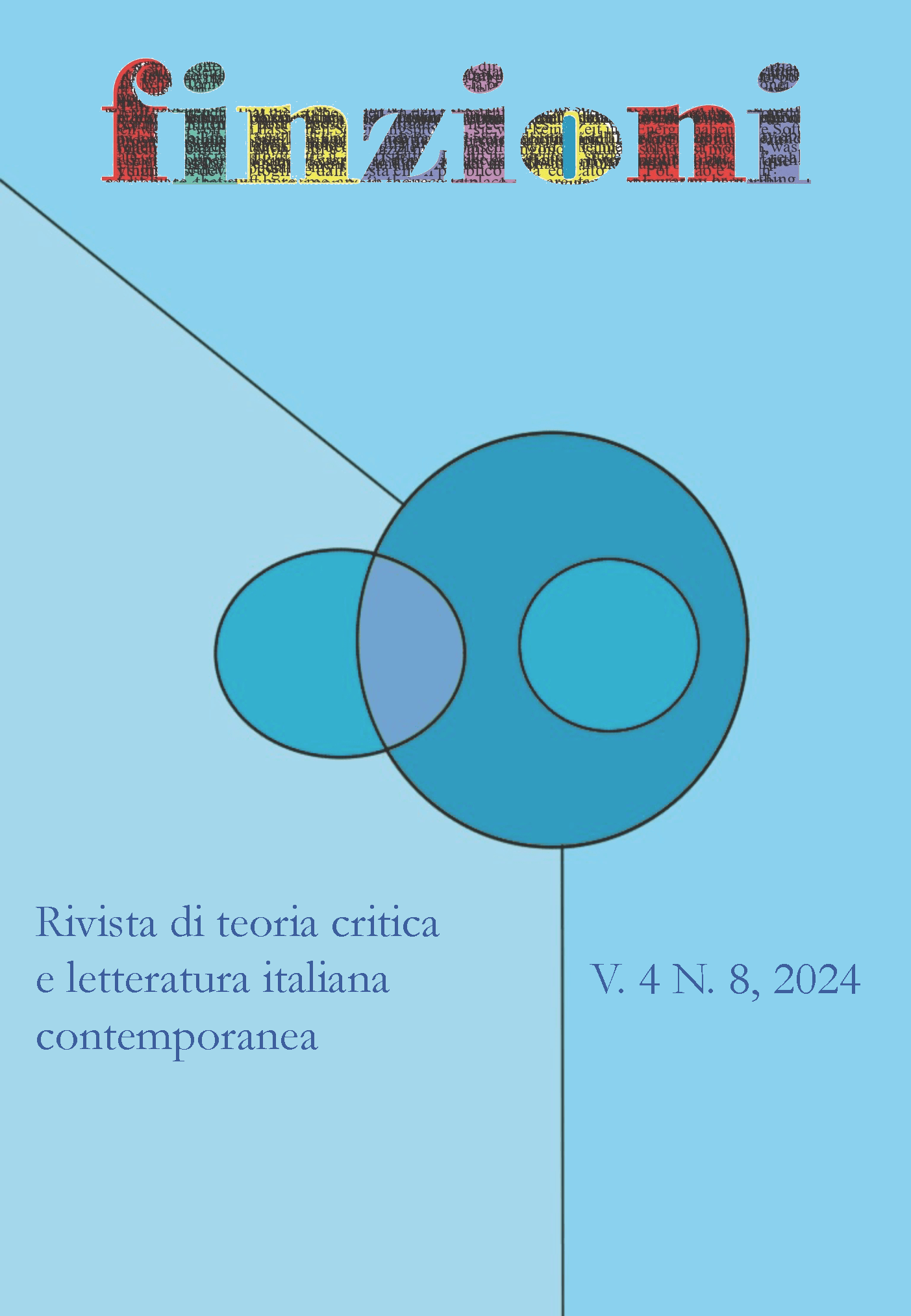Whispers of the Mother: voices, body and redemption in Elsa Morante’s «Aracoeli»
DOI:
https://doi.org/10.6092/issn.2785-2288/21412Keywords:
Morante, voice, body, history, redemptionAbstract
This paper focuses on the maternal voice represented in Aracoeli by Elsa Morante, interpreting it as a component of corporeality and a potential redemption for existential agonies. The analysis begins by examining the vocal elements associated with the maternal body in the novel, which contribute to the construction of the protagonist’s subjectivity and his narrative. It closely examines the traumatic history of the 20th century, highlighting conflicts between the obsessive and totalizing fascist discourse and the voice, which embodies the irreducible singularity of the subject. Drawing on philosophical and psychoanalytic critical theories, the study suggests reading Aracoeli as a novel articulated through the voice, proposing that the voice itself acts as a subversive element capable of deconstructing official historical narratives and representing the ultimate Truth that enables both the author and her character to transcend the logos.
Downloads
Published
How to Cite
Issue
Section
License
Copyright (c) 2024 Yuan Rui

This work is licensed under a Creative Commons Attribution-ShareAlike 4.0 International License.





